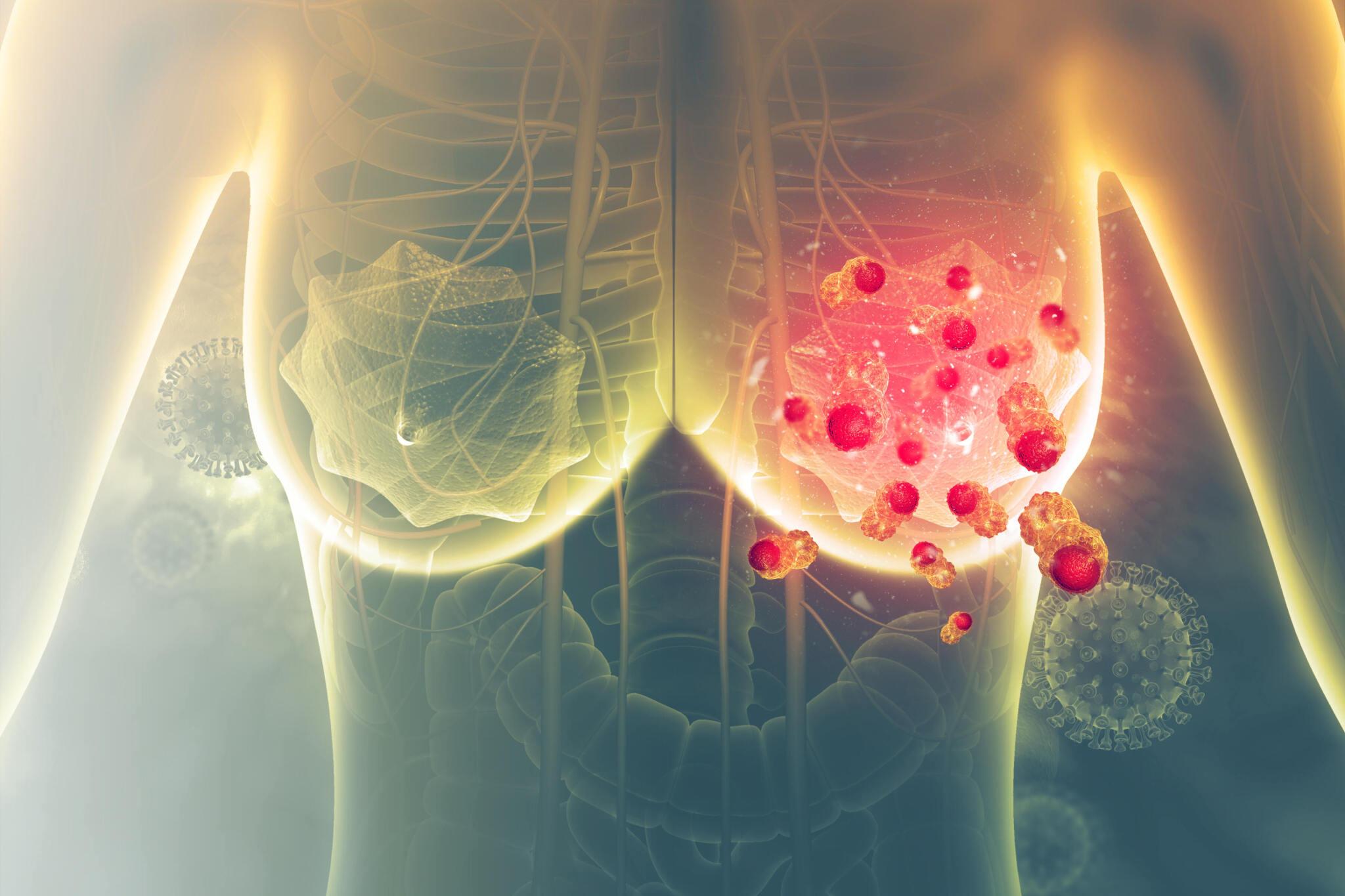
General practitioners (GPs) are primary care physicians who treat patients of all ages. General practitioner (GP) careers offer numerous options for growth and advancement. As a general practitioner, you can major in family medicine, geriatrics, or women’s health. You can also work in remote or urban environments, as well as in a clinic or hospital.
Regardless of your career choice, being current with the most recent medical advancements and trends is essential. Such can be accomplished through journal reading and continuous education programs. It is also essential to develop relationships with other healthcare experts to cooperate on patient care. The following are the five primary responsibilities of a general practitioner.
1. Immunizations
The attitude and actions of general practitioners have a crucial role in preventing modern diseases in individuals, such as children. Immunization is among the most inexpensive, useful, and safe public health measures. At the appropriate age, the administration of optional vaccines, such as chickenpox and rotavirus, protects individuals, such as children under 18, from numerous diseases. General practitioners administer many standard vaccines.
They are ideally positioned to identify patients who require vaccination, communicate effectively about the advantages and hazards of immunization, and maintain accurate vaccination records. General practitioners are an excellent resource for remaining current on all required vaccines and preventive care.

2. Regular Examinations
General practitioners assist with your comprehensive (whole-body) treatment as part of a broader team that includes nurses, pharmacists, psychiatrists, and others. They are vital components of preventative medicine and health education. The tasks of a general practitioner are extensive. Their primary responsibility is to conduct routine screenings for health issues. You may find it beneficial to contact a general practitioner to be screened for conditions including:
- High blood pressure
- Factors predisposing to heart disease
- Risk factors for diabetes
- Elevated cholesterol
- Cancer
- Sexually transmitted infection
- Depression

General practitioners can aid in the early diagnosis of diseases and the practice of preventative healthcare. If you have a history of long-term sickness in your family, are at risk for a chronic condition, or are showing symptoms, a screening by your primary care physician will improve your wellness and peace of mind.
3. Mental Health Assessments
If you seek therapy for a medical or mental health issue, you will likely consult a general practitioner first. They assist everybody, from the youngest to the oldest. General practitioners aided by nurses in primary care clinics can successfully treat individuals with mild to moderate mental health disorders. They provide stigma-free mental health care in a community setting, contributing to reducing the mental health Treatment Gap.
For common conditions such as depression and anxiety, your general practitioner may be able to diagnose you after two consultations. For less common mental health issues, you will be referred to a mental health professional (e.g., a psychiatrist), who may choose to observe you for a longer length of time before establishing a diagnosis.
4. References to Specialists
The responsibilities of a general practitioner include evaluating you through a physical examination and an evaluation of your medical history. They may order additional testing, suggest treatment, or refer you to a professional. In the most fundamental sense, a referral is a written order from your main care physician to see a specialist for a particular medical treatment. The referral procedure is vital for providing quality patient care between primary care and specialized services.
General practitioners, often known as family physicians or internists, frequently form long-term relationships with their patients to ensure continuity of care. They treat common illnesses and provide routine checkups. They send you to other medical services or physicians if you need urgent or specialized care.
5. Follow-up Care
As part of the global expansion of telehealth services, GPs can conduct assessments via phone or video. When emergency services are needed, a general practitioner can give life-saving care in such scenarios. General practitioners can provide medicines, lifestyle suggestions, and follow-up care for chronic diseases such as heart disease, diabetes, asthma, high blood pressure, and certain mental health disorders. Treating illnesses and injuries are crucial to the general practitioner’s job.
Go ahead and see your primary care physician if you are ill, injured, or having troubling symptoms. A general practitioner can utilize lab tests to identify disease, provide medication as treatment, evaluate your overall health, and refer you to a specialist as necessary.

Last Thoughts
A general practitioner is concerned with both your physical and mental wellness. They play a significant part in the larger healthcare system. Their primary objective is to keep you healthier and out of the hospital. General practitioners operate in private offices, clinics, hospitals, and nursing homes, among other venues.
Typically, they work forty hours a week, though they may be on call for emergencies. Besides, they may be required to work nights and weekends to suit the demands of their patients. General practitioners must be able to handle the stress associated with making life-or-death decisions, working long hours, and being on call. Additionally, they must be able to handle the emotional strain of interacting with ill patients and their families.






